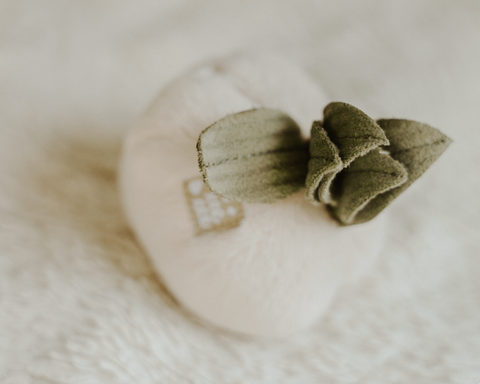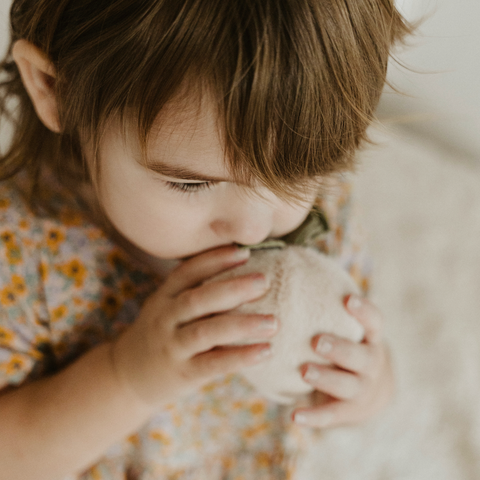Montessori education, developed by Italian physician and educator Maria Montessori, is a child-centered approach to learning that emphasizes independence, freedom within limits, and respect for a child’s natural psychological, physical, and social development. While many people associate Montessori education with preschool and elementary-aged children, the principles of Montessori education can be applied from birth. In this blog, we will discuss the five main features of Montessori education for young babies from 0-12 months of age and the types of play materials that are recommended.
1. Respect for the child’s natural development
Montessori education for young babies is grounded in the belief that children develop at their own pace and in their own unique ways. Montessori educators observe and respond to the child’s individual needs, allowing them to progress at their own pace.
2. A prepared environment
A prepared environment is a key feature of Montessori education. For young babies, this means creating a safe and stimulating environment that encourages exploration and discovery. This may include simple toys, a soft mat for tummy time, and a mirror for self-discovery.
3. Focus on sensory exploration
Montessori education emphasizes sensory exploration, which is especially important for young babies. Toys that promote sensory exploration include items that are textured, have different shapes and sizes, and make different sounds. Examples include rattles, textured balls, and soft toys like our MOMO.
4. Emphasis on movement and freedom
Montessorieducation recognizes the importance of movement for young babies and encourages freedom of movement within a safe environment. This may include placing the baby on a soft mat or playpen where they can move freely and explore their surroundings. Toys that encourage movement include items that can be grasped and manipulated, such as wooden blocks or fabric balls such as our MONTI.
5. Respect for the child’s independence
Montessori education encourages the development of independence from a young age. This means allowing the child to explore and interact with their environment without excessive adult intervention. Toys that promote independence include items that the child can manipulate on their own, such as shape sorters like our LET'S BAKE play set or stacking blocks.
When it comes to selecting toys for young babies in a Montessori environment, there are a few key principles to keep in mind. First, look for toys that are simple and allow for open-ended exploration. Avoid toys that are overly complex or have a single prescribed use. Second, consider the sensory experiences the toy provides. Does it have a variety of textures, shapes, and sounds? Finally, think about the toy’s potential for promoting movement and independence.
Some examples of Montessori-friendly toys for young babies include:
- Soft fabric balls in different textures and colors
- Rattles and other toys that make a variety of sounds
- Simple shape sorters or stacking toys
- Soft toys with different textures and features, such as a crinkly or squeaky toy
In conclusion, Montessori education for young babies from 0-12 months of age emphasizes respect for the child’s natural development, a prepared environment, sensory exploration, movement and freedom, and independence. By creating a safe and stimulating environment and selecting appropriate toys, parents and educators can help young babies develop important cognitive, physical, and social skills. By following these principles, parents and educators can help young babies develop important cognitive, physical, and social skills that will serve them well throughout their lives.






